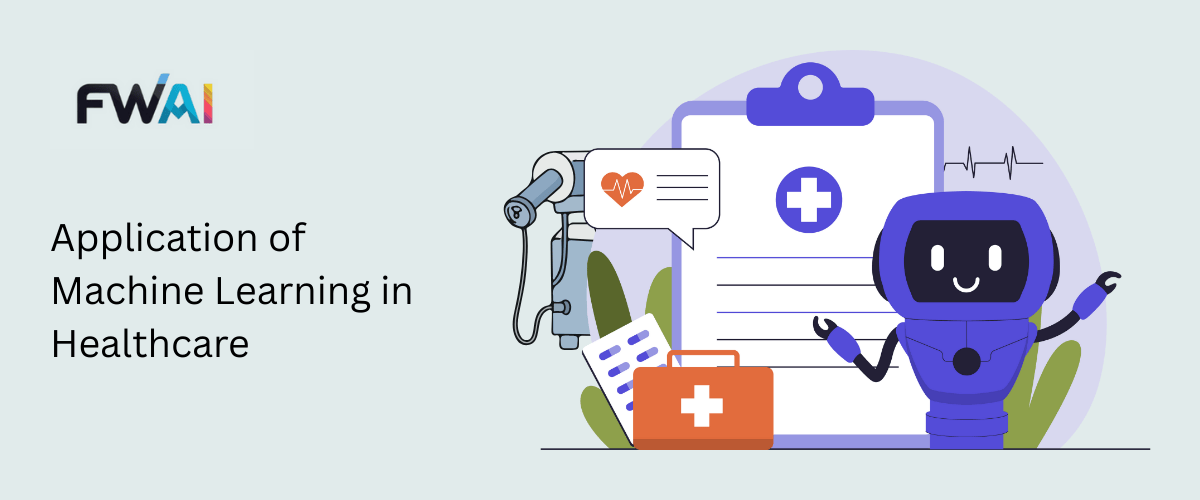
Contents
The intersection of artificial intelligence (AI) and healthcare has become a pivotal area for innovation and improvement. As technology advances, machine learning (ML) is increasingly being implemented to enhance patient care, streamline operations, and improve outcomes. In this blog, we will explore the multifaceted applications of machine learning in healthcare, from disease diagnosis to patient treatment, while emphasizing the importance of privacy-preserving methodologies in managing sensitive medical data.
Understanding Machine Learning in Healthcare
Machine learning refers to the application of algorithms that allow computers to learn from and make predictions based on data. In healthcare, this technology can analyze vast amounts of medical data, including Electronic Health Records (EHRs), medical imaging, and genomic data. By identifying patterns and trends, machine learning can help clinicians make informed decisions, leading to better patient outcomes.
Key Applications of Machine Learning
1. Disease Diagnosis and Prognosis: One of the most significant applications of machine learning in healthcare is disease diagnosis. Algorithms can analyze patient symptoms, medical histories, and lab results to identify diseases more accurately and quickly than traditional methods. For instance, ML models can utilize imaging data to detect conditions like cancer or cardiovascular diseases, often at earlier stages than human clinicians.
2. Patient Treatment and Management: Machine learning can also play a crucial role in personalizing treatment plans for patients. By analyzing a patient's unique medical history and genetic information, ML models can predict how different patients will respond to various treatments. This approach not only improves the efficacy of treatments but also minimizes adverse effects, ensuring that patients receive the most appropriate care.
3. Survival Analysis: In many medical applications, the outcome measurement may be incomplete due to issues like loss to follow-up, which poses a challenge in accurately assessing patient prognosis. Machine learning techniques, such as Cox regression models, are essential for conducting survival analysis. By leveraging these models, healthcare providers can forecast disease trajectories over time, allowing for timely interventions and better resource allocation.
Privacy-Preserving Machine Learning
As the healthcare industry increasingly adopts machine learning, the sensitive nature of medical data necessitates stringent privacy measures. Privacy-Preserving Machine Learning (PPML) focuses on ensuring that patient data remains secure throughout the entire ML pipeline, from model training to inference.
Challenges in Privacy-Preserving Approaches
The challenge lies in balancing the need for data-driven insights with the obligation to protect patient confidentiality. Techniques such as differential privacy and federated learning are being developed to address these concerns. These methodologies allow models to be trained on decentralized data sources without exposing individual patient information, thereby promoting collaboration among healthcare institutions while safeguarding privacy.
Implementing Scalable Machine Learning Frameworks
In resource-constrained hospital environments, implementing a scalable and unified machine learning framework can significantly improve operational efficiency. For instance, the M3H framework serves as an example of how machine learning can enhance hospital operations by providing predictive insights that optimize resource allocation and improve patient flow.
Cost Reduction and Improved Forecasting
By leveraging advanced machine learning techniques, hospitals can forecast patient admissions, manage staff schedules, and allocate resources more effectively. This not only leads to cost savings but also enhances the overall patient experience. For example, predictive models can help staff prepare for peak patient influx periods, ensuring that care is not compromised during busy times.
The Role of Deep Learning in Healthcare
Deep learning, a subset of machine learning, has shown remarkable promise in various healthcare applications. Its ability to process vast amounts of data and uncover intricate patterns makes it particularly useful for complex medical tasks.
Enhancing Predictive Models
Recent advances in deep learning have led to the development of sophisticated models that can handle high-dimensional datasets. For instance, researchers have proposed using deep learning approaches to unify healthcare applications ranging from disease diagnosis to treatment recommendations. These models can improve the accuracy of predictions and provide insights that traditional methods may overlook.
The Future of Machine Learning in Healthcare
As machine learning continues to evolve, its potential to revolutionize healthcare is immense. The integration of AI-driven solutions can lead to more accurate diagnoses, personalized treatment plans, and improved patient outcomes. However, with these advancements come challenges that must be addressed.
The Need for Collaboration and Regulation
Collaboration among healthcare providers, technology companies, and regulatory bodies is essential to ensure that machine learning applications are developed responsibly. Establishing guidelines around data privacy, model transparency, and ethical considerations will be crucial in fostering trust among patients and healthcare professionals.
Conclusion: A New Era in Healthcare
The application of machine learning in healthcare is not just a trend; it is a transformative movement that has the potential to reshape patient care. By harnessing the power of AI, healthcare providers can enhance diagnostic accuracy, optimize treatment plans, and improve operational efficiency. However, as we embrace these advancements, it is vital to prioritize patient privacy and ethical considerations. At Futurewebai, we are committed to bridging the gap between technology and healthcare, driving innovation while ensuring that patient care remains at the forefront.
As we move forward into this new era of healthcare, the synergy between machine learning and medical practices will continue to grow, paving the way for a healthier future for all.